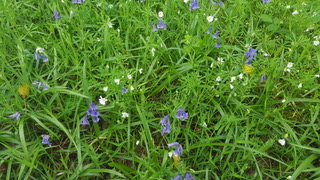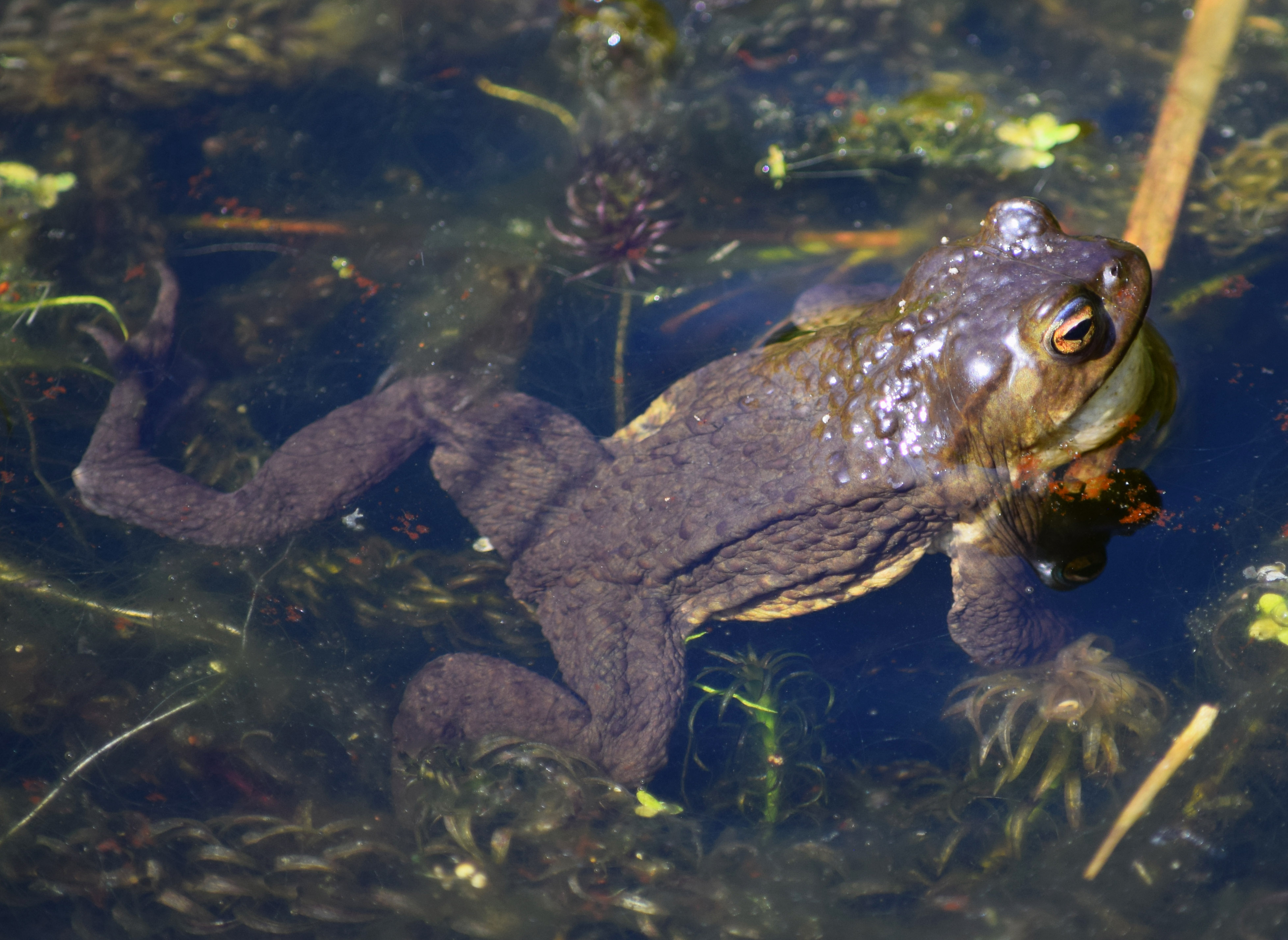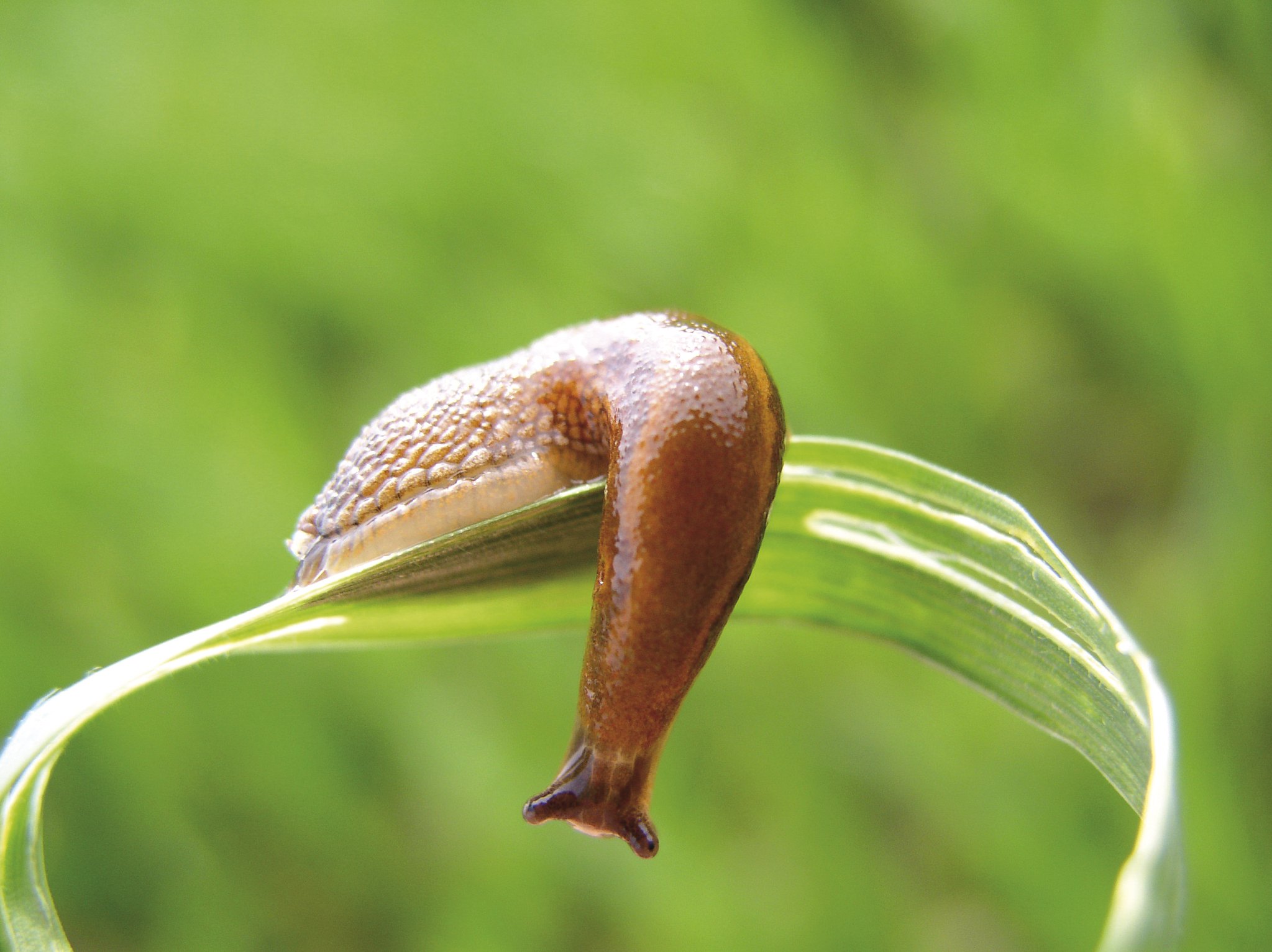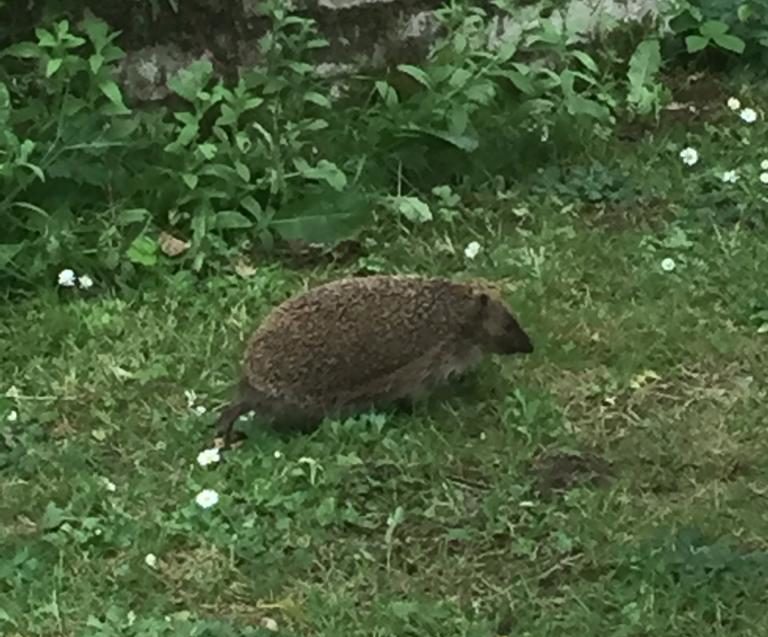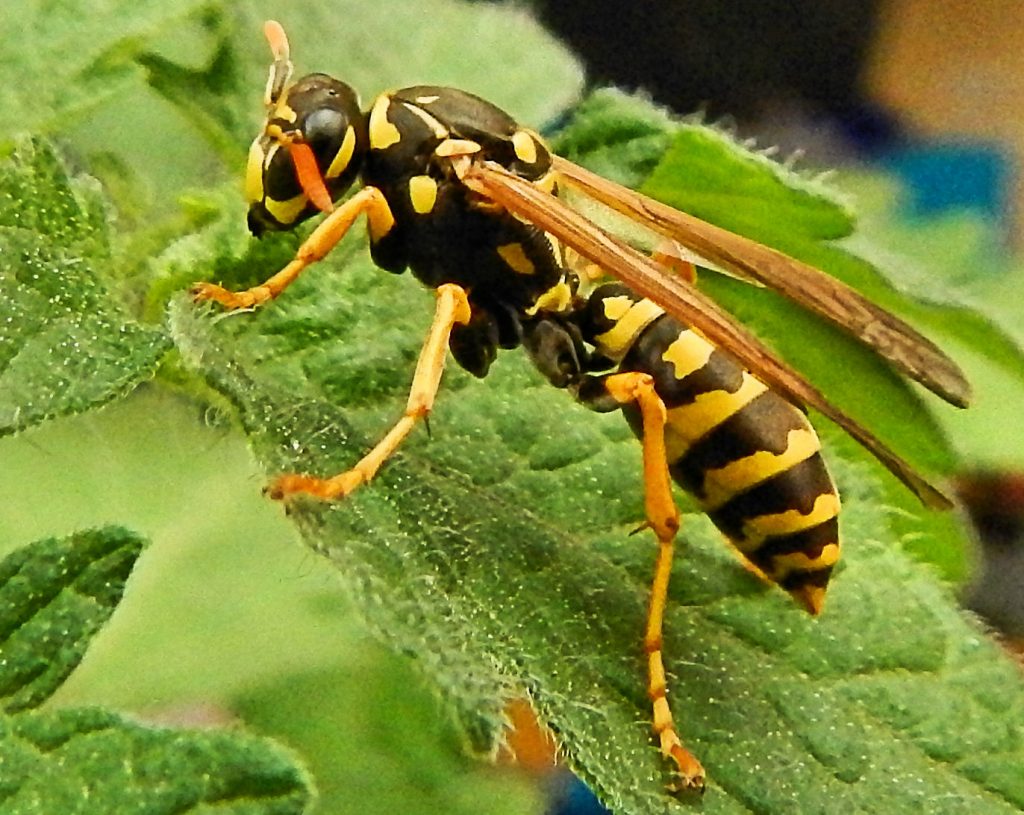
iNews reports wasps may be the most hated creature in the garden but they are actually among the most valuable species around, a study has found. Researchers have conducted a major investigation into the 33,000 species of wasp and concluded they are the most unfairly maligned insects in the back yard. They conclude that wasps deserve to be just as highly valued as other insects, such as the much loved species of bees, because they play a key role as pollinators and as predators – keeping the insects they eat further down the food chain in check…

